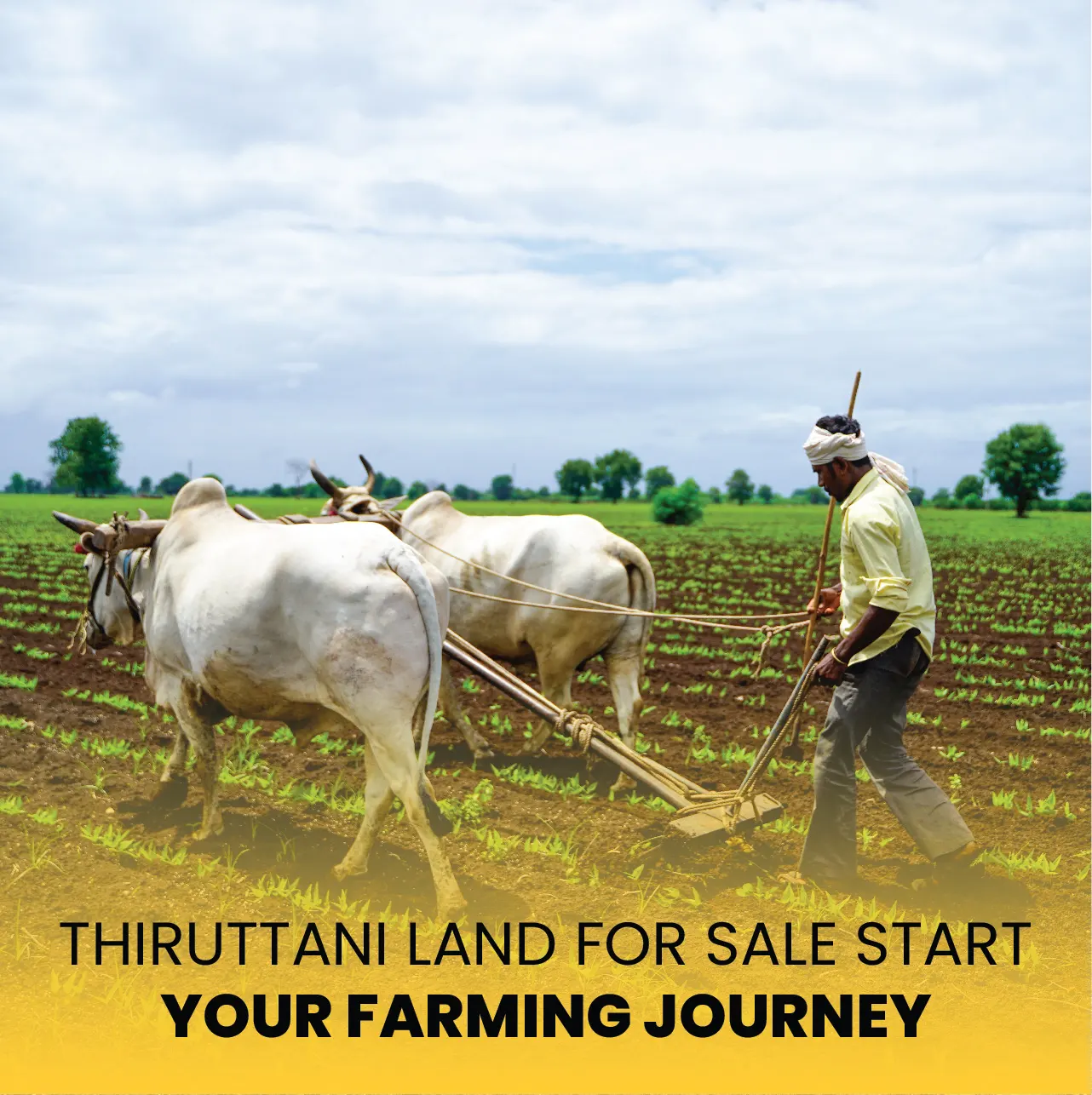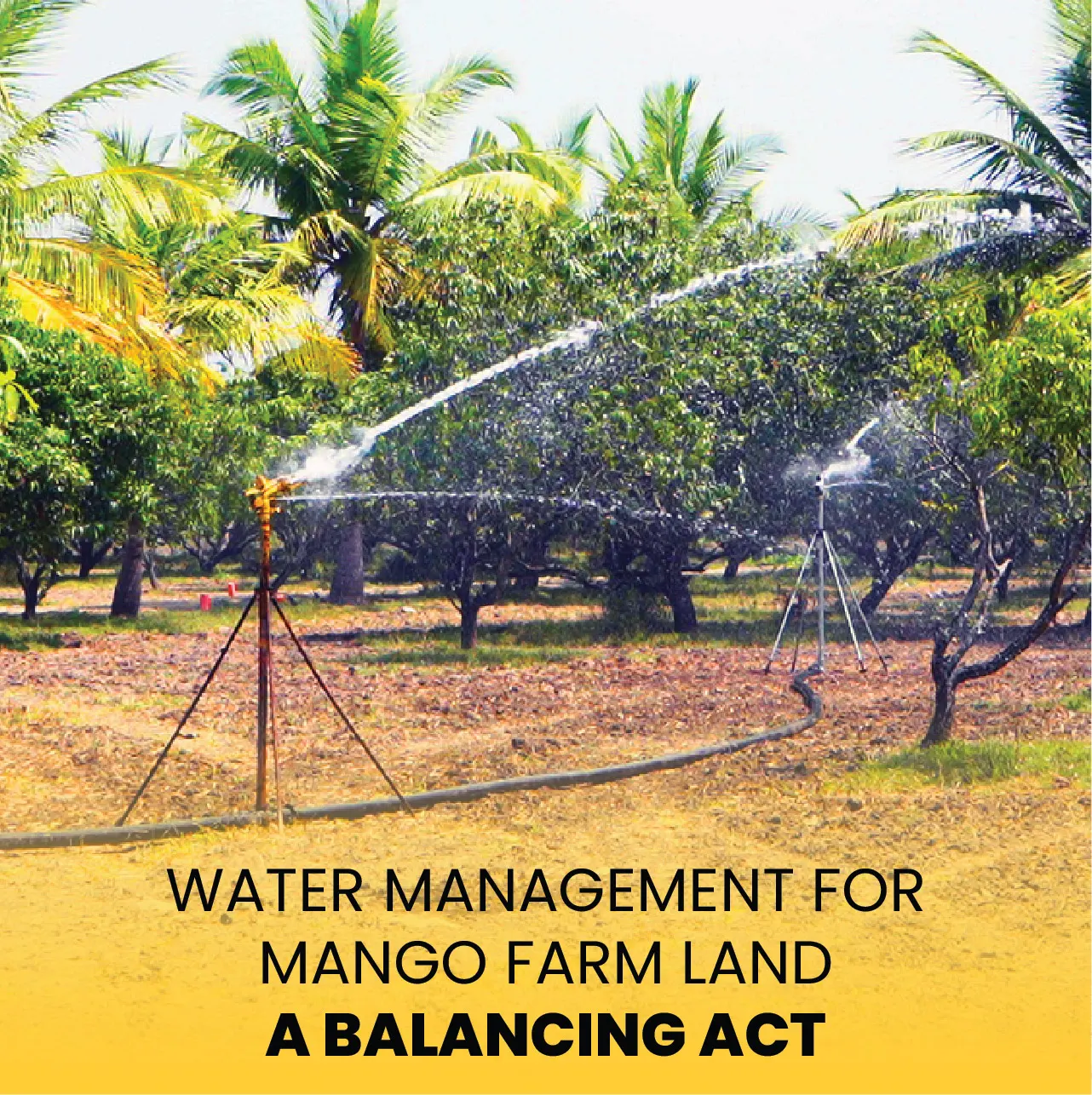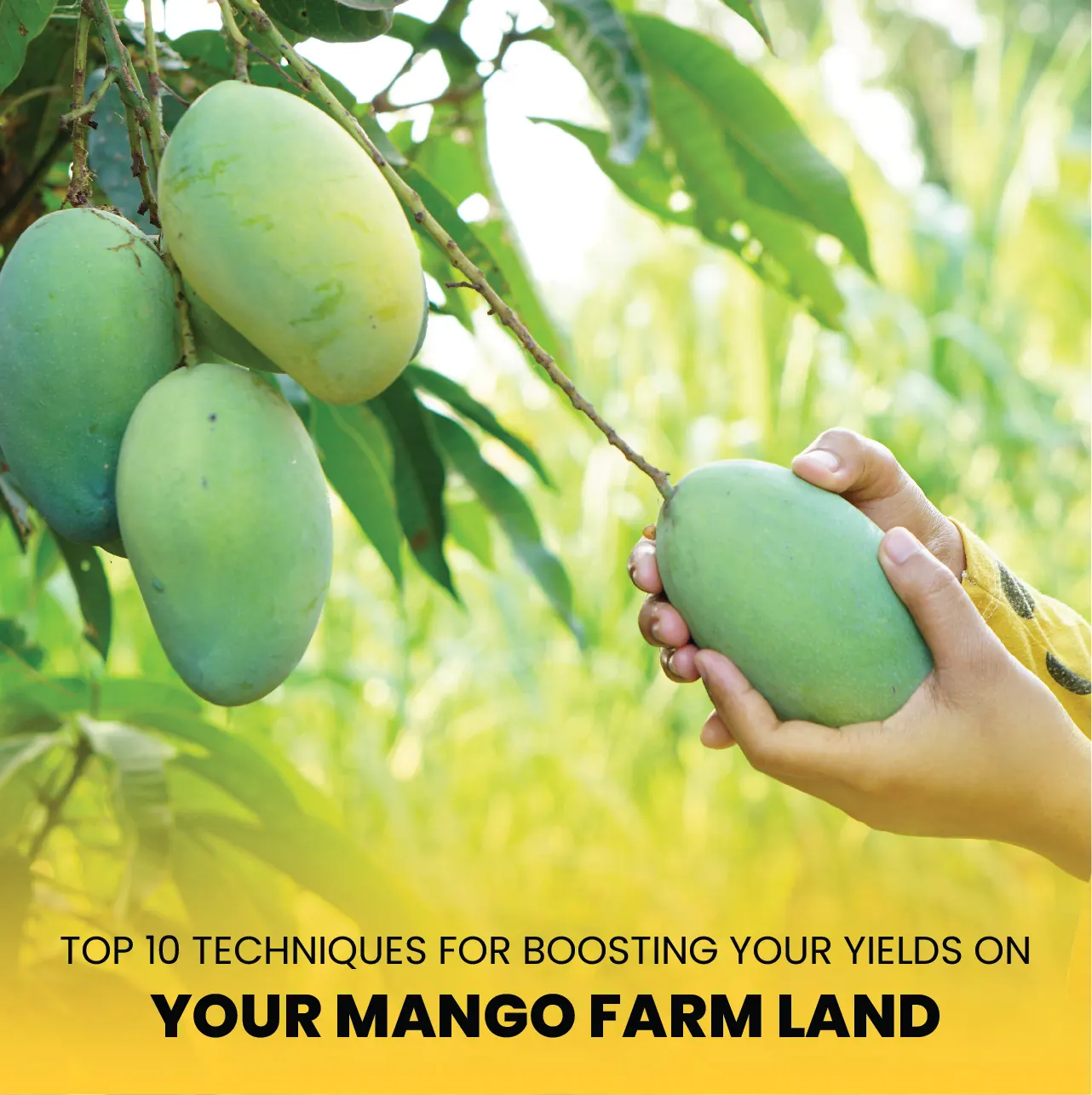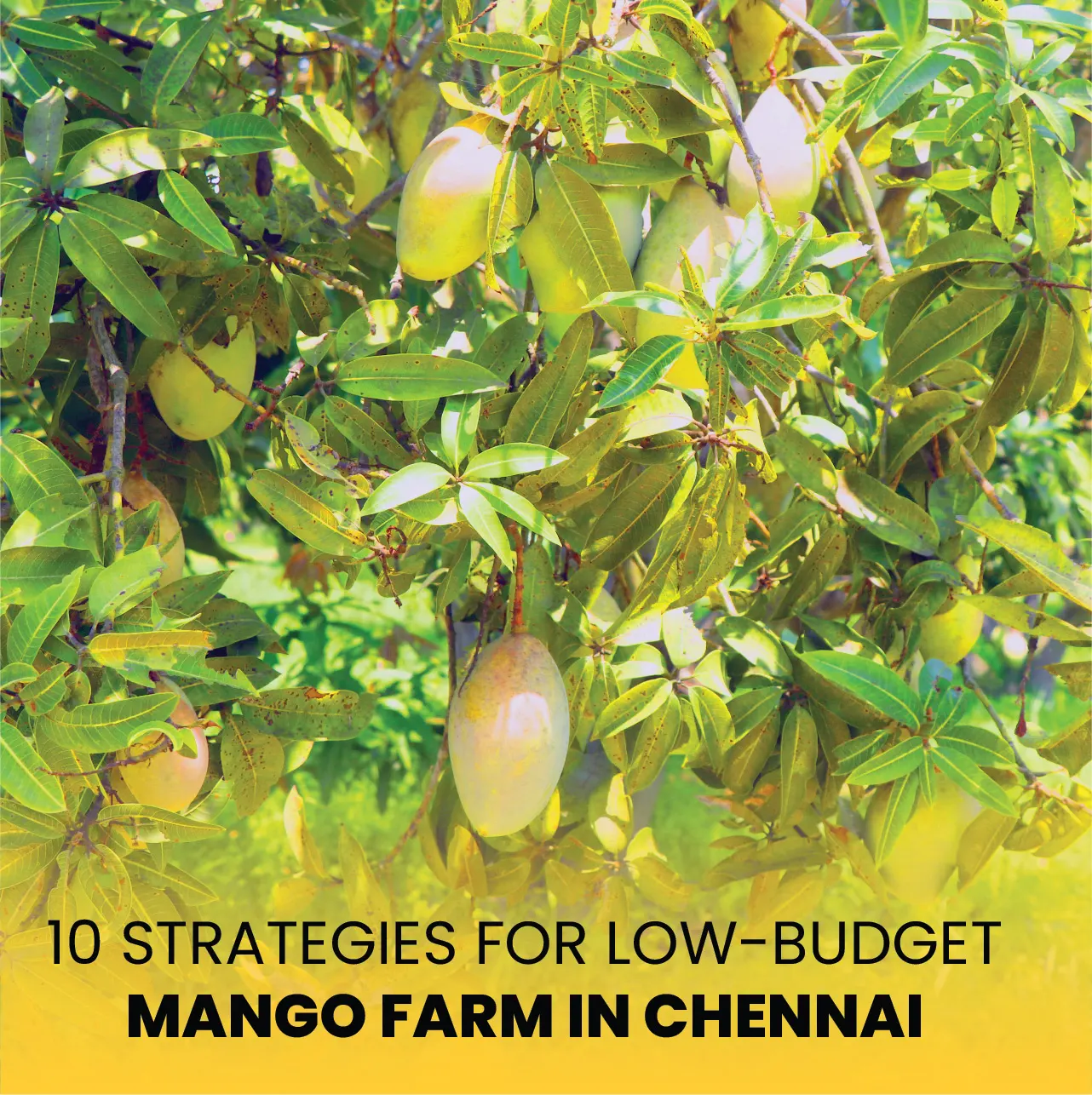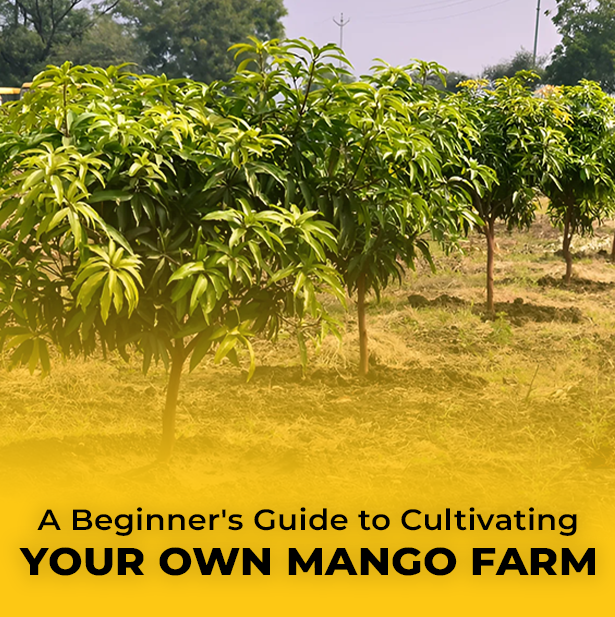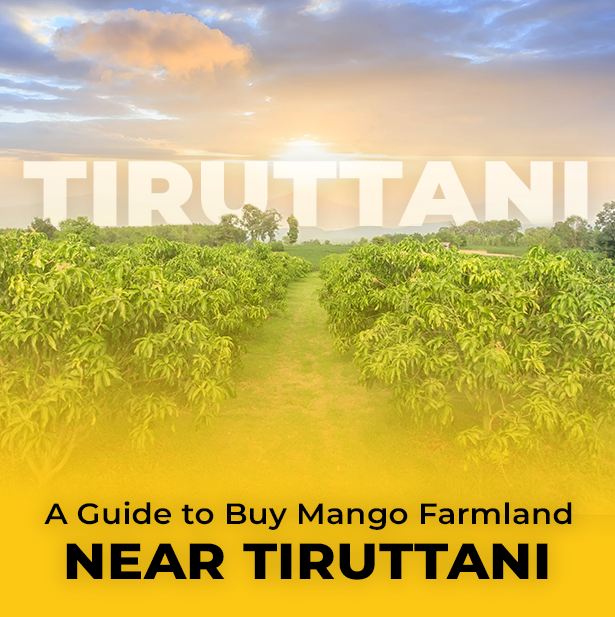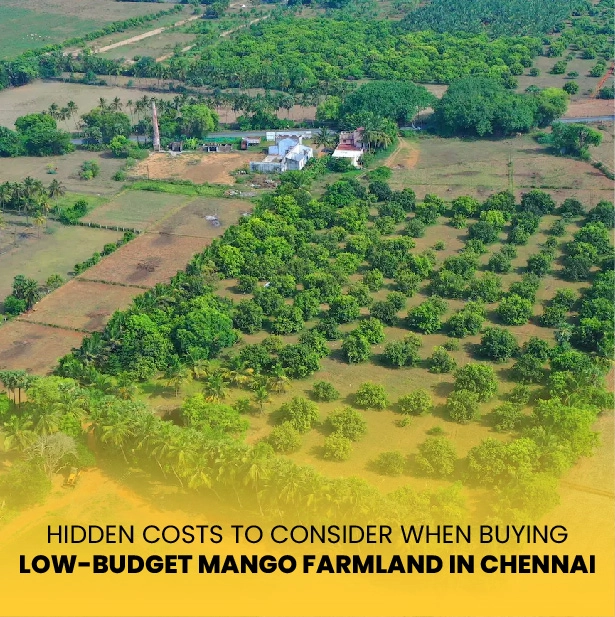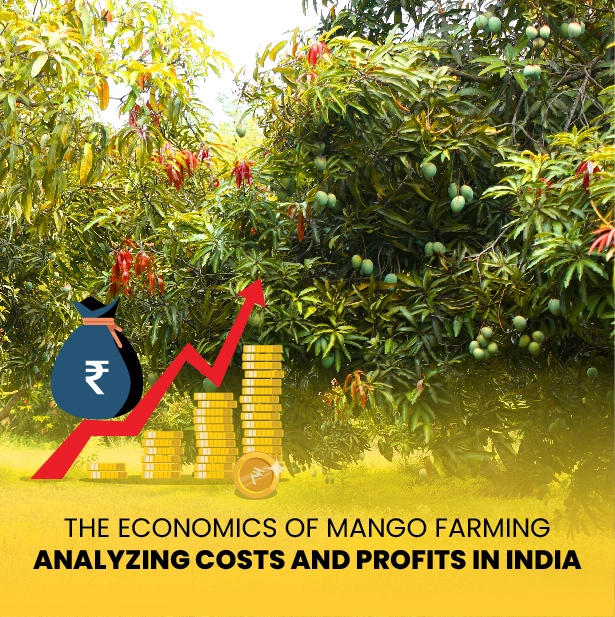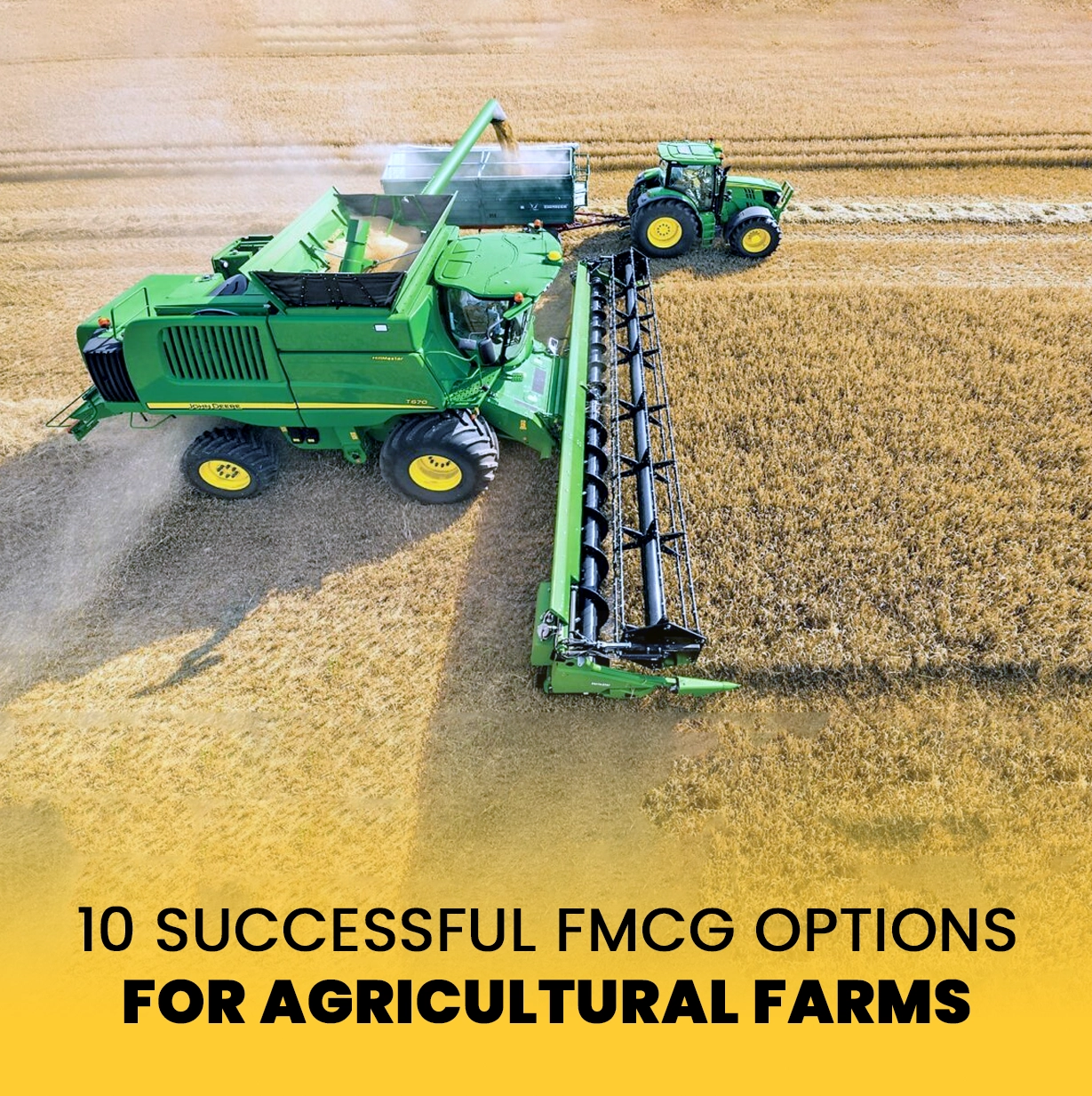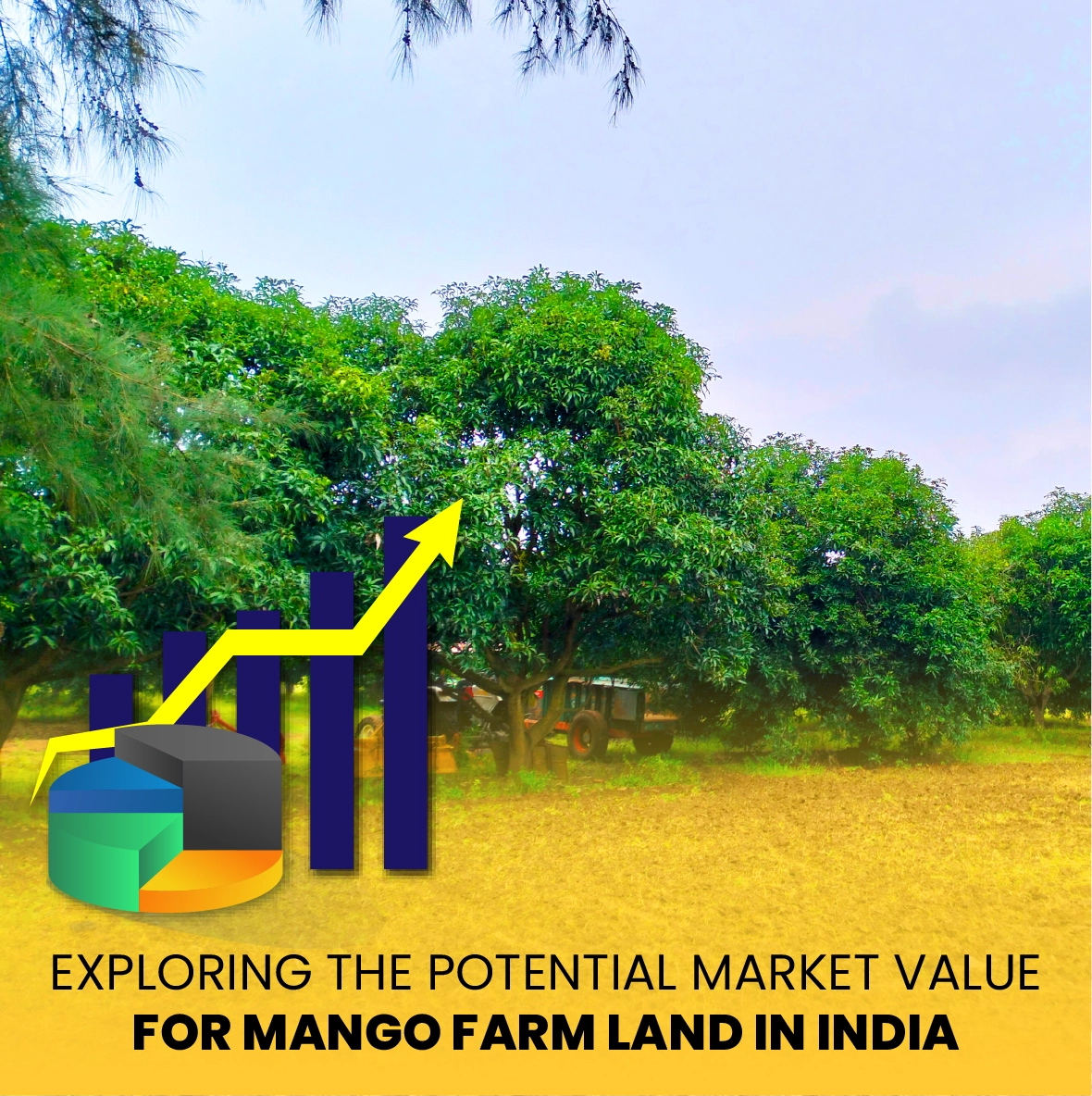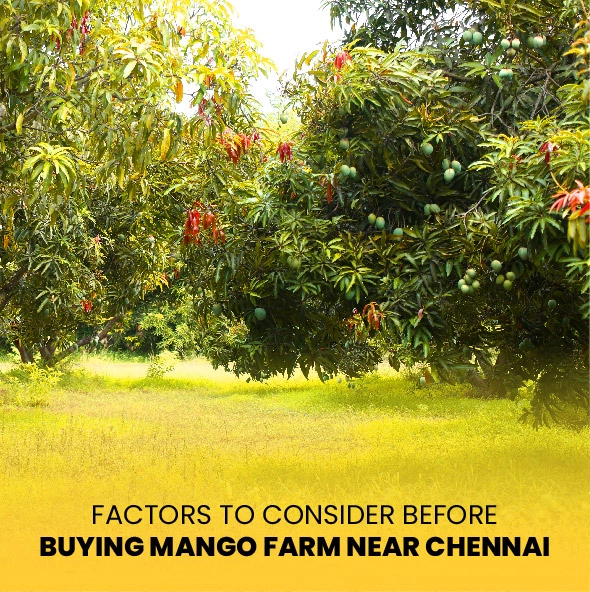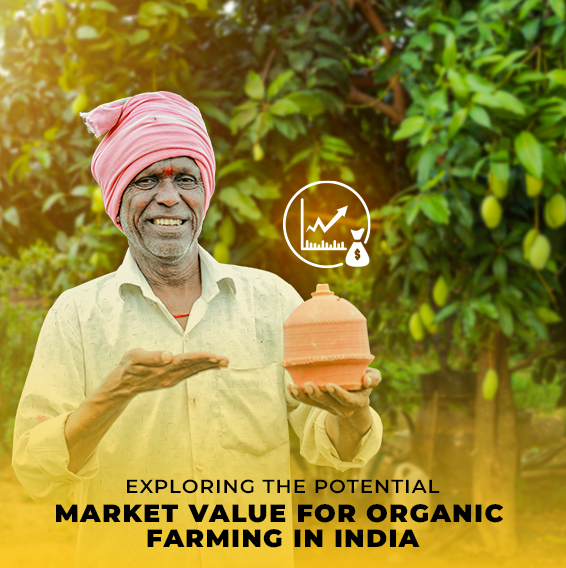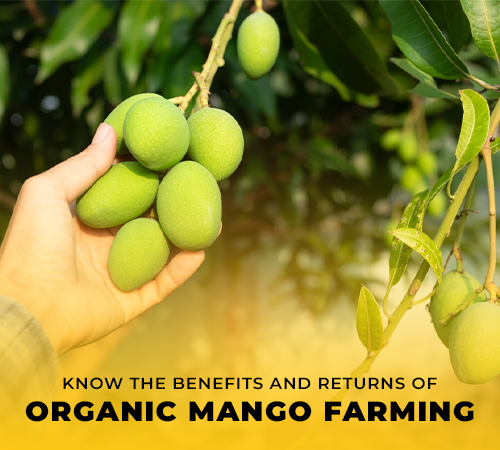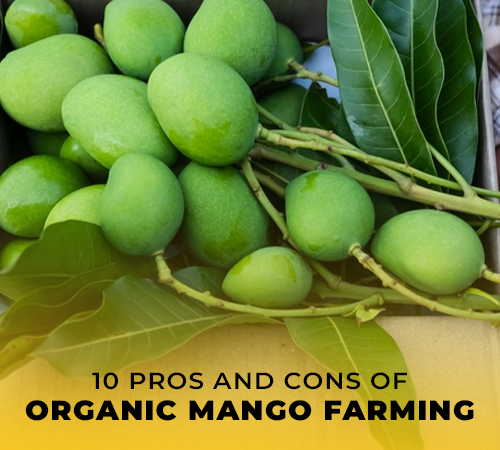The real estate market offers a diverse range of investment opportunities, each with its own set of advantages and disadvantages. While residential plots have long been a favored choice, agriculture farmland is gaining traction due to its potential for strong returns and unique benefits. Here, we explore 10 reasons why considering agriculture land might be a compelling investment strategy compared to a residential plot.
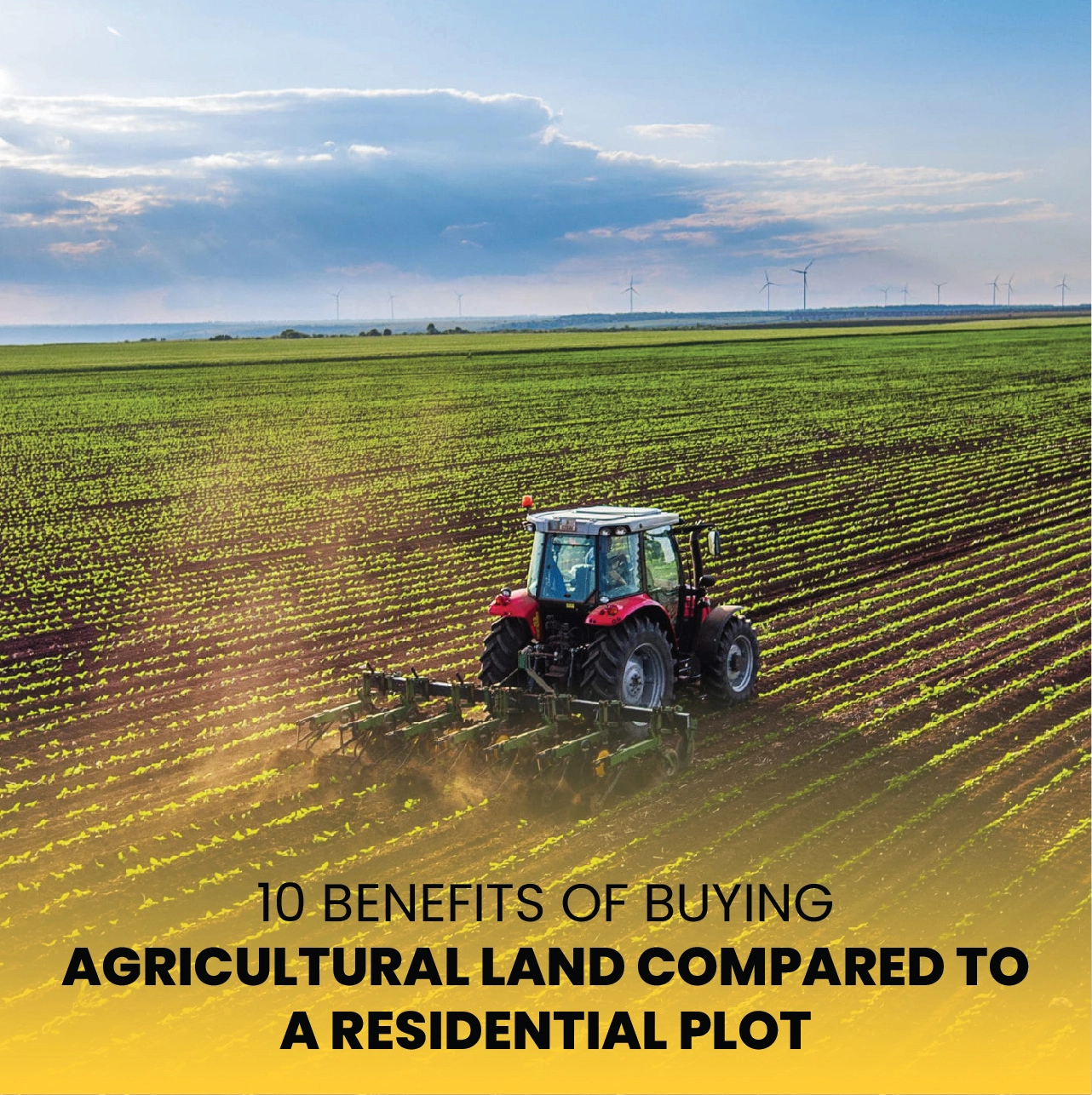
Purchasing agriculture land generally comes with a lower price tag compared to residential plots, especially in developed areas. This affordability makes it an attractive option for first-time investors or those with limited capital. For instance, a plot ideal for a mango farm might be significantly cheaper than a plot in a prime residential area.
Agriculture land, particularly fertile land suitable for crops like mango trees, offers the potential for significant returns over the long term. The value of the land can appreciate steadily due to factors like population growth, rising demand for food, and potential conversion for future development. Additionally, income can be generated through leasing the land to farmers, operating a mango farm yourself, or selling produce cultivated on the land.
Agriculture land acts as a hedge against inflation. As the cost of living rises, the value of land tends to follow suit. This inherent inflation hedge offers a layer of security for your investment, unlike some traditional assets that can lose value over time.
Investing in agriculture land allows you to diversify your investment portfolio beyond traditional stocks and bonds. This diversification helps mitigate risk, as the performance of agriculture land often has a low correlation with the stock market.
Unlike residential plots that may require ongoing maintenance like property taxes, security, or repairs, agriculture land generally requires minimal upkeep. Costs associated with maintaining the land can be significantly lower, especially if it's leased to a tenant who manages the farming activities.
Many governments offer subsidies and other incentives to promote agriculture. These incentives can take the form of tax breaks, grants for infrastructure development, or assistance with acquiring equipment. Researching any such programs available in your region can further enhance the profitability of your agriculture land investment.
Agriculture land is a tangible asset with inherent value. Unlike stocks or bonds, which are essentially pieces of paper representing ownership in a company, land provides a physical asset with the potential to generate income through farming or future development.
Investing in agriculture land can contribute to a more sustainable future. By supporting agriculture, you're indirectly promoting food security and contributing to the local economy. A well-managed mango farm, for example, can create jobs in the community and provide a source of fresh, healthy produce.
Agriculture land located near expanding urban areas holds the potential for significant value appreciation if it's converted for residential or commercial development in the future. This potential for future use adds another layer of return on your investment.
Owning agriculture land can be a way to build a legacy and connect with nature. Whether you choose to operate a mango farm yourself or lease the land, you're contributing to the agricultural sector and potentially creating a valuable asset to be passed down to future generations. Imagine the satisfaction of cultivating a thriving mango farm, knowing it provides not only financial returns but also a sustainable source of food for your community.
While agriculture land offers numerous benefits, it's crucial to carefully consider all aspects before investing. These are important things to keep in mind:
Understanding Regulations: Zoning laws and restrictions on land use can vary by location. Thoroughly research any limitations on agricultural activities or future development potential before purchasing. Don't be surprised to encounter regulations specific to mango farming or other agricultural pursuits you may have in mind.
Water Availability: Access to a reliable water source is essential for successful farming. Investigate irrigation options and water rights associated with the land. For a mango farm, understanding the specific water requirements of mango trees is vital to ensure their health and productivity.
Soil Quality: The fertility and composition of the soil significantly impact agricultural productivity. Conduct a soil test to determine the suitability of the land for your desired crops, like mangoes. The ideal soil for a mango farm should have proper drainage and be rich in nutrients to support the growth of these delicious fruits.
Market Research: Research the demand for specific agricultural products in your region. Understanding market trends can help you decide what crops, like mangoes, would be most profitable to cultivate on your land. Look into potential challenges specific to the area, such as existing competition or susceptibility to pests or diseases that might affect your mango farm.
Management Expertise: Operating a successful farm requires knowledge and expertise. If you lack experience in agriculture, consider hiring a farm manager or partnering with experienced farmers to ensure the land is managed effectively.
Long-Term Investment: Agriculture land is a long-term investment. Unlike residential plots that might offer quicker returns through resale, agricultural land requires time and effort to generate income. Be prepared for a multi-year commitment to see the full potential of your investment unfold.
Investing in agriculture land can be a rewarding and strategic decision. By carefully considering the benefits and potential drawbacks, you can make an informed choice that aligns with your financial goals and values. From the potential for high returns and diversification of your portfolio to the satisfaction of contributing to a sustainable future, agriculture land offers a unique set of advantages for investors seeking long-term value and a connection with the natural world. Whether you dream of cultivating a flourishing mango farm or exploring other agricultural endeavors, agriculture land presents a compelling opportunity to invest in your future and the future of our food system.
